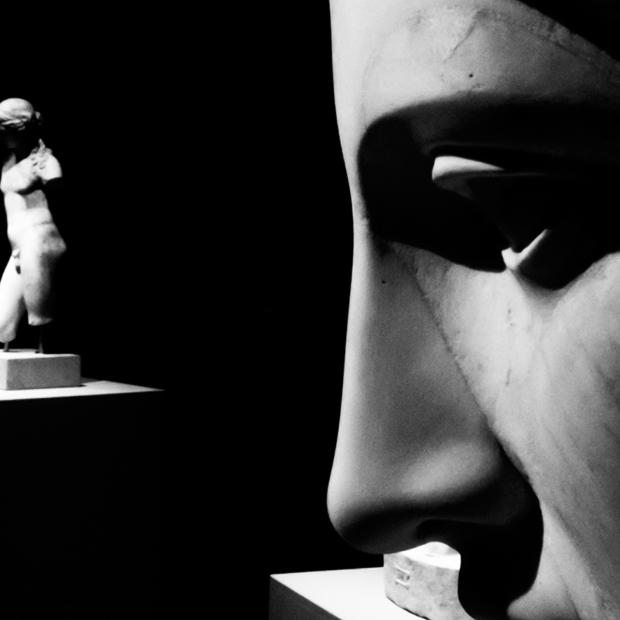
Join the colloquy
The Classics Which Is (Not) Ours
more
This entails full consciousness that the "classical" in classical scholarship is itself a prepossessing move that leapfrogs the classics of other literatures and civilizations, as Harish Trivedi reminds us. Our title echoes José Martí's clarion formula that "the Greece which is ours must replace the Greece which is not ours" ("Nuestra Grecia es preferible a la Grecia que no es nuestra," 1891). Written in the context of anti-colonial independence movements in Cuba and Latin America, Martí's elegant antithesis recognized the role that ideological appropriations of classical antiquity have played in the fashioning of different imagined communities, from literary salons to empires. In turn, Martí proposed a counter-ideological, regional, Latin American cultural and historical narrative that would supplant the symbolic power of "Greece."
We have chosen a selection of works that pose these questions individually and collectively. We hope that the conversations that readers will have around these works will provoke fresh discussions about what it means to study ancient Greek and Roman classics in the still awakening wake of history; or, to put it more prosaically, what it means to do classical scholarship in the countercurrents of contested identities, ideologies, and theories. We combine scholarship on the ancient world with reception studies, in recognition that scholarship is a kind of making and that later responses to ancient Greek and Roman literature and mythology continue to extend the horizons of these texts. Both modes of engagement speak to the complex fascination produced by the worlds of the ancient Greeks and Romans. We are drawn not only to the study of these worlds and to the creation of new art by means of them but increasingly to the difficult work of deconstructing their ideologies, their receptions, and the discipline dedicated to them by channeling aspects of our own lived identities.
Such tasks require us to take on the difficult legacies of Classics as we attempt to reconcile its attendant histories with our own hopes, visions, and values. In effect, we have an ethical responsibility for the way in which we construct and "do" Classics, whether or not Classics can ever really be "ours." The works gathered in this colloquy explore the entanglements inherent in entering the worlds of ancient Greeks and Romans both because of a classicizing ideology and at the same time in spite of that ideology and its encumbrances. All of the scholarship that we have selected analyzes the historical and cultural situatedness of interpretation. Variously, the extracts bring ancient debates into dialogue with debates in the present (Kasimis); consider the politics of going to Classics (Bond, Stead and Hall, Padilla Peralta, Rankine); explore the uses of Classics in fashioning counter-cultural historical identities (Nisbet), and offer imaginative interpretations to seemingly familiar works (Devecka, Quint, Underwood). Finally, three pieces offer meta-reflections on the state of Anglophone classical scholarship in current political climates (Harloe, Güthenke and Holmes, and Padilla Peralta's blog post). The majority of works included in this colloquy are broadly contemporary (published in the last five years). We have included a few works outside of this time frame to show the longer arc of this conversation.













